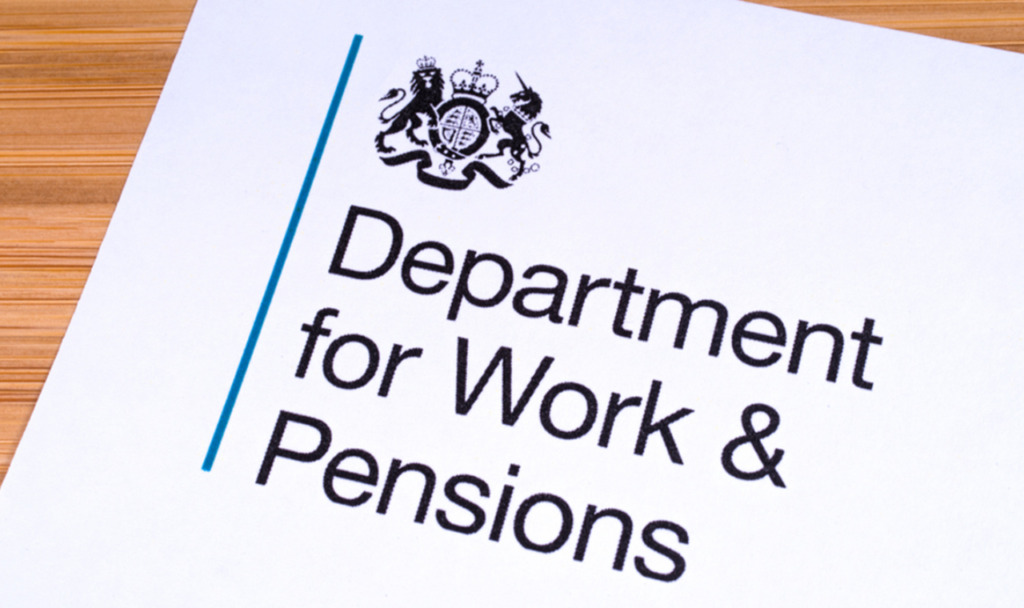The UK government’s Department for Work and Pensions (DWP) has announced a major overhaul of the welfare system, introducing new reforms aimed at encouraging employment among disabled individuals and those with long-term health conditions. The changes, described as the biggest shake-up in decades, include the abolition of the Work Capability Assessment (WCA), increased employment support, and a shift in the way disability benefits are assessed.
While the government argues these reforms will empower people with health conditions to find work, disability rights groups and charities have raised concerns about potential financial cuts and stricter benefit conditions.
Key Changes Under the New Reforms
1. Abolition of the Work Capability Assessment (WCA)
One of the most significant changes is the removal of the Work Capability Assessment (WCA), which has long been used to determine whether someone is eligible for additional financial support due to a disability or health condition.
Under the new system, eligibility for health-related benefits will instead be assessed through a single process, likely based on Personal Independence Payment (PIP) criteria. This means people who currently rely on WCA assessments to receive their benefits will see changes in how their conditions are evaluated.
The government claims that scrapping the WCA will remove barriers that prevent people from attempting to work due to fears of losing their financial support. However, critics warn that the new assessment system could lead to an increase in errors and misjudgments, potentially leaving vulnerable individuals without essential financial aid.
2. Introduction of the “Right to Try” Guarantee
The reforms include a new “Right to Try” policy, designed to reassure disabled people that attempting work or exploring employment opportunities will not lead to an immediate reassessment of their benefits.
This initiative aims to eliminate the fear that trying to work, even part-time, will result in benefits being reduced or withdrawn. The government hopes this will encourage more people with health conditions to explore employment without worrying about financial instability.
3. Increased Employment Support
The government has pledged a £1 billion investment in tailored employment support for disabled people and those with long-term health conditions.
This includes:
- More personalized job coaching through Jobcentres.
- Greater collaboration between the NHS and employment services to provide integrated health and work support.
- Expansion of the Work and Health Programme, which helps disabled people find suitable job opportunities.
According to the DWP, these measures aim to help one million more disabled people into work by 2027. However, many disability rights advocates argue that without substantial employer incentives and workplace accommodations, the reforms may not lead to a meaningful increase in employment rates for disabled individuals.

4. Tougher Benefit Assessments and Possible Cuts
While the government insists that the changes will provide better support, some elements of the reforms have raised alarm among disability organizations.
- Increased face-to-face PIP assessments: More claimants will be required to undergo in-person medical evaluations to determine their level of need. While this is meant to improve decision-making, there are concerns about the accuracy and fairness of these assessments.
- Reductions in Universal Credit health-related payments: New Universal Credit claimants with health conditions will receive a lower “health top-up” than those under the current system. However, existing claimants will not face immediate reductions. Learn more about Universal Credit health-related support.
- Tighter work-related requirements: With the WCA gone, Jobcentres will have greater discretion to impose mandatory activities on claimants, increasing the risk of benefit sanctions for those unable to comply.
5. Fewer Reassessments for Severe Disabilities
One positive aspect of the reforms is the promise to eliminate repeated benefit reassessments for individuals with severe, lifelong health conditions that will never improve.
This means that people with permanent disabilities or degenerative conditions will no longer have to prove their eligibility repeatedly, reducing stress and administrative burdens.
Concerns and Criticism
Despite the government’s assurances, many disability rights groups and charities have expressed serious concerns over the reforms.
- Risk of increased poverty: According to estimates, at least 300,000 disabled people could see their benefits reduced under the new system. Critics warn that this could push more individuals and families into financial hardship. (The Guardian)
- Potential for unfair assessments: The removal of the WCA has raised fears that many people could be wrongly deemed fit for work under the new system, particularly if assessments are not carried out by medical professionals.
- More benefit sanctions: With Jobcentres given greater control over work-related requirements, there is concern that sanctions will increase, disproportionately affecting disabled individuals who may struggle to meet strict work expectations.
What Happens Next?
The reforms are set to be gradually implemented between 2025 and 2027. The government has stated that current benefit recipients will not see immediate changes, but new applicants will experience the revised system sooner.
MPs and disability advocacy groups continue to debate the potential impacts of these policies. While some argue that the reforms will provide much-needed employment opportunities, others fear that they will erode financial support for some of the most vulnerable individuals in society.
The success or failure of these changes will likely depend on how well the government manages their implementation and whether adequate safeguards are put in place to prevent unintended negative consequences.
Conclusion
The DWP’s “intensive” Jobcentre reforms represent a dramatic shift in the UK’s approach to disability benefits and employment support. While the government insists these changes will help more disabled people enter the workforce, the impact on financial security remains uncertain.
As these policies roll out, it will be crucial to monitor their real-world effects and ensure that they truly improve the lives of those they intend to help, rather than making financial survival even harder for people with disabilities.

Pankaj Kumar is a journalist at Chandigarh X, covering admit cards, recruitment, and government schemes. His articles provide readers with detailed insights into application processes, eligibility, and exam updates.
Outside of work, Pankaj enjoys traveling, fitness, and cricket, often participating in local matches on weekends.



